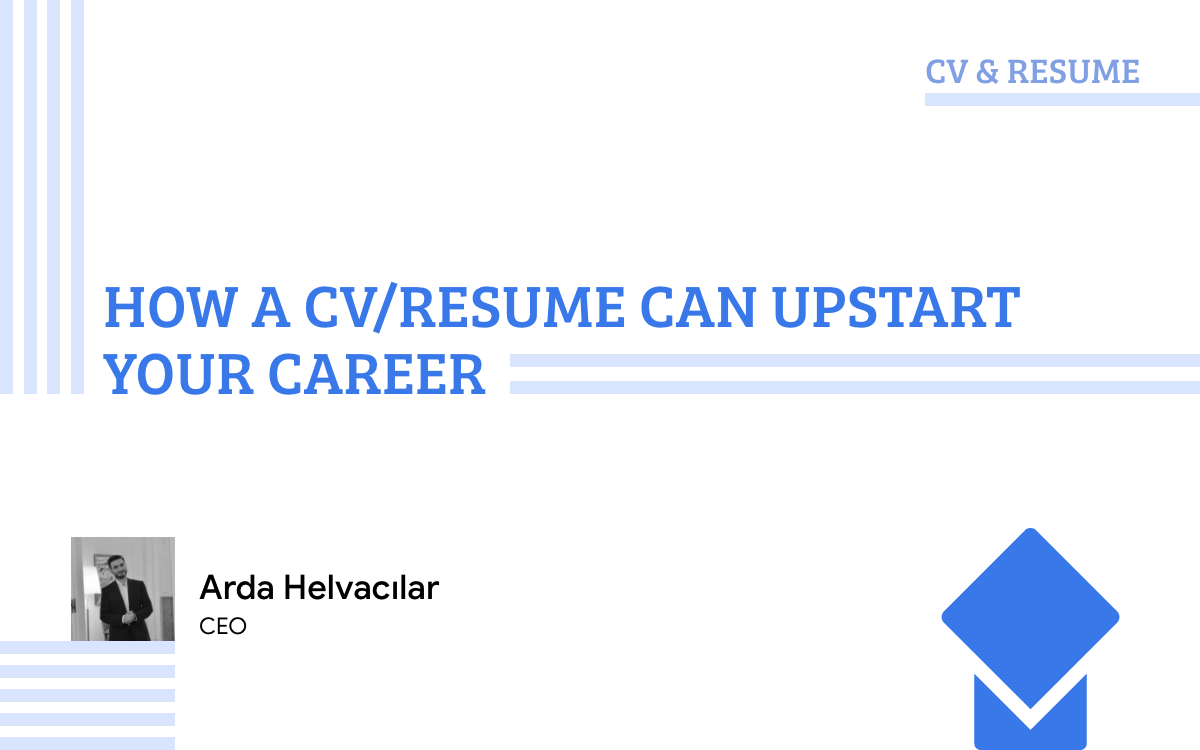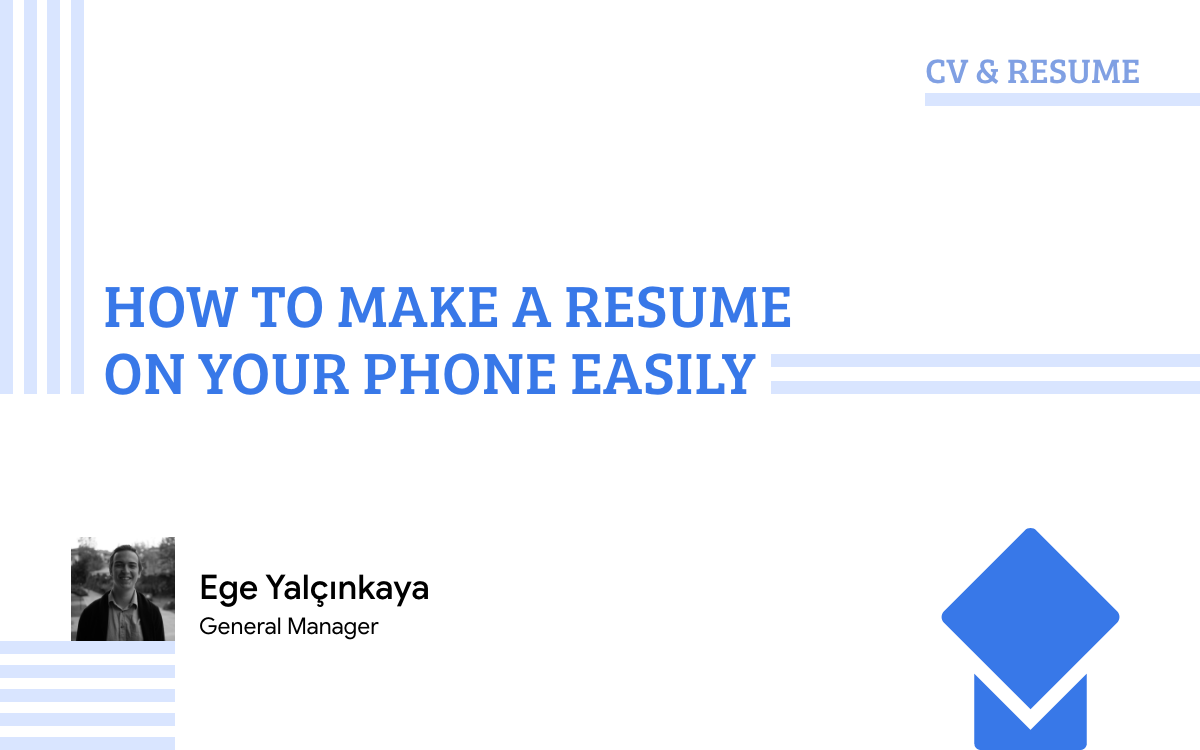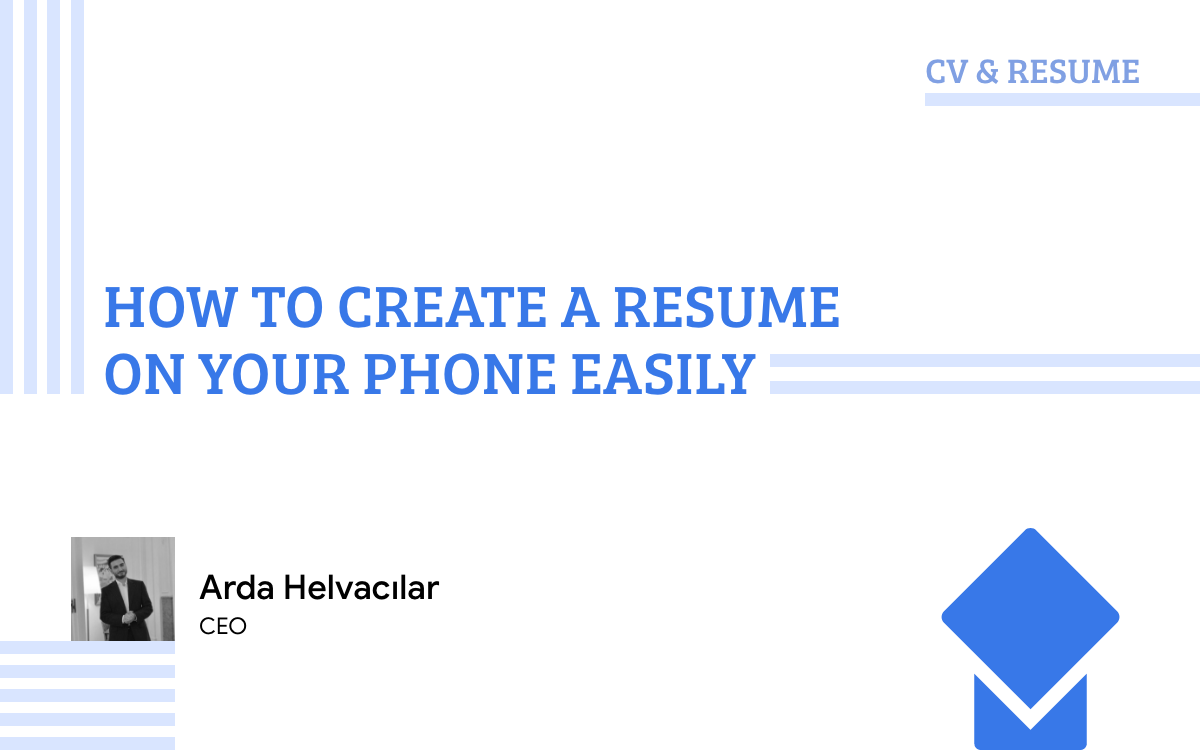A CV is a crucial instrument in your job hunt because it provides you with a page or two to showcase your best abilities and attributes. A CV, on the other hand, is much more than that. CVs assist businesses in making recruiting decisions and assist you in obtaining your first interview. That is why it is crucial to consider how you arrange your CV and what information you include. In this post, you’ll learn why a CV is necessary and how to write one that can help you land your next job. Employers use CVs, which are frequently accompanied by personalized cover letters, to establish your eligibility and qualifications for a job. Employers use CVs to learn about a candidate’s skills, abilities, and experience. Your CV should highlight successes, awards, education, experience, and any significant achievements that are relevant to your career path and objectives. The first point of contact with the employer is your CV, which sets the tone for subsequent procedures such as the first interview, second interview, pre-screening, and onboarding.
Why do you need a CV?
In today’s competitive market of professional jobs, a CV is usually a base requirement for moving forward in the interview process. A good CV will immediately display to employers because the candidate is a good fit. Here are some reasons why you need a CV to get your next job.
An effective CV:
- Outlines your relevant skills and experience
- Displays the benefits you offer employers
- Grabs the attention of employers
- Matches you to the position
- Can lead to an interview
- Outlines your relevant skills and experience
To potential employers, a well-structured CV showcases your most appealing abilities and experience. As a result, they can go on with the best candidate. For this reason, it’s critical to make sure your most recent abilities and experiences are reflected in your CV. Color, appropriate margins, and design are all used in a successful CV to ensure that relevant work experience is displayed in a way that showcases accomplishments.
Grabs the attention of employers
The part of the CV known as “above the fold”—usually the top quarter of the CV—is considered the most attention-grabbing. Make sure to include important summarized information above the fold in addition to your name and contact information. Another way you can get an employer’s attention is to use a layout that allows for appropriate colors or images.
Matches you to the position
A good CV matches your skills to the position’s needs. One way to do this is by making sure your CV contains the same keywords found in the job description.
For example, if the job description asks for a specific skill make sure to include that skill on your CV. By doing this, employers will be able to filter what makes you good for the position. If submitting your CV electronically, some companies auto-sort by keywords. To ensure your CV is seen, you should pay attention to them.
Can lead to an interview
Ultimately, a good CV is going to allow you to move forward to the next step in the process: interviewing. You’ll likely need to conduct at least one interview to be offered a position, so having a CV is essential.
To summarize, a well-written CV can jumpstart your career by making you the first pick for a job and allowing recruiters to see you. Being visible to recruiters is essential for getting recruited; if a recruiter filters the talent, they want to see for the job description, you will be the first to appear, increasing your chances of being hired.
Want to create a resume/cv for free, with no ads? Check out Verified!



